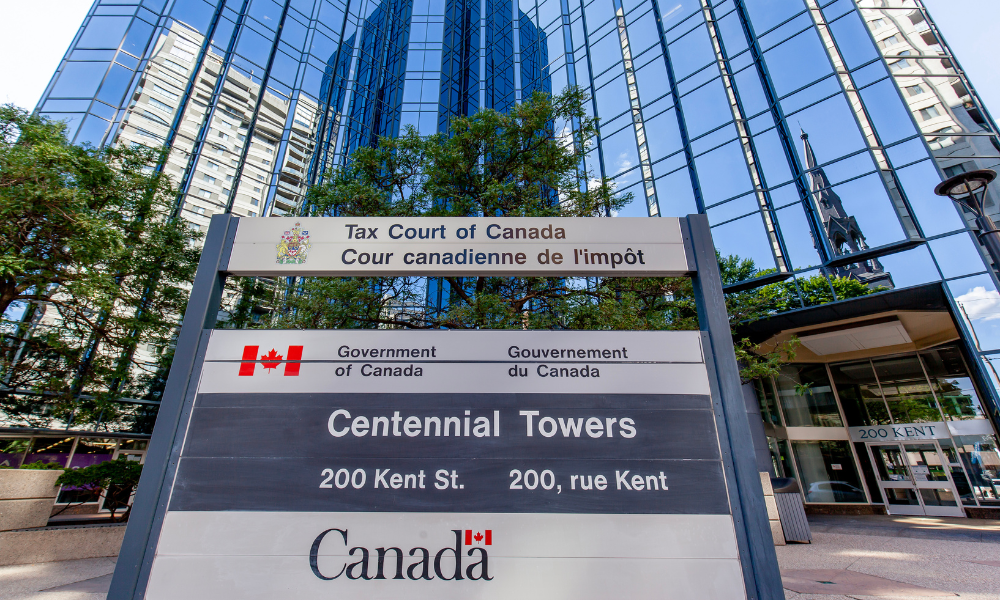The US entity filed a lawsuit against a Canadian federal corporation sharing the same name

In a recent trademark infringement case, the Federal Court ruled in favour of a US-based not-for-profit that sought remedies against a Canadian corporation for infringing the “Telugu Association of North America (TANA)” mark.
The applicant, an entity from Maryland, sought monetary, declaratory, and injunctive relief against a Canadian federal corporation sharing the same name, along with several individuals associated with the Canadian entity. The core of the dispute involved allegations of trademark infringement, passing off, and depreciation of the value of goodwill.
The court ultimately found that the Canadian TANA and several associated individuals had indeed infringed upon the US TANA's trademarks.
The dispute was anchored in using the "TANA" trademark, which the US association had registered in Canada. This trademark is central to the US entity’s operations and identity, representing a wide range of social, cultural, and educational services aimed at the Telugu community in North America. The US TANA alleged that its Canadian counterpart was using a confusingly similar trademark in their operations, which include similar social organization services.
The Federal Court examined whether the Canadian entity's use of the TANA trademark infringed on the US TANA's registered trademark under s. 19 and 20 of the Trademarks Act. The analysis confirmed that the Canadian TANA's use of the "TANA" and "TANA & DESIGN" trademarks indeed caused confusion among consumers, thereby infringing the US TANA’s trademark rights.
The court also assessed whether there had been passing off, which occurs when one party misrepresents its services as those of another, causing damage to the latter’s business. The evidence showed that the Canadian entity’s use of the TANA trademarks directed public attention to its services in a manner likely to confuse the public, fulfilling the criteria for passing off.
The court noted that subsection 22(1) of the act addresses the use of a trademark in a way likely to depreciate the value of the goodwill attached. The court found that the Canadian entity’s unauthorized use of the TANA trademarks was likely to have this effect, citing the substantial goodwill the US TANA had established through decades of presence and service in the Telugu community.
Ultimately, the court ruled in favour of the US TANA, recognizing the US entity's established presence and goodwill in North America. The court ordered several remedies, including ceasing the use of the infringing trademarks by the Canadian TANA.










